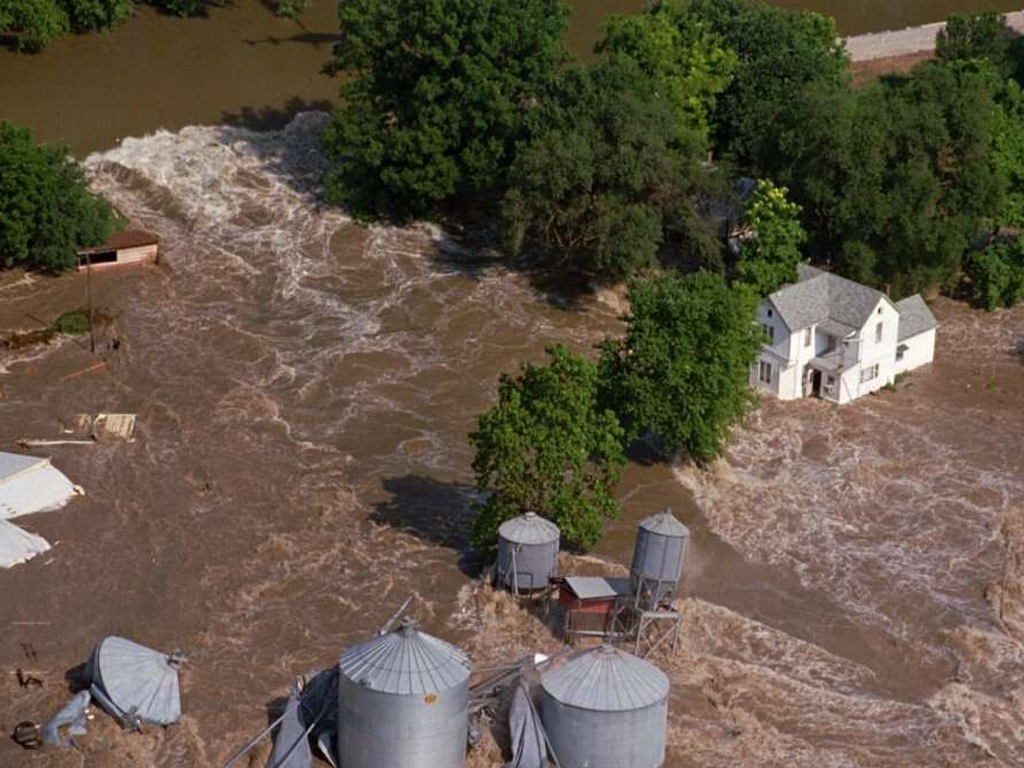
The aftermath of floods - what happens after the tragedy
What to do after a flood: what to do, what to avoid, and Civil Defense advice
The waters can mercilessly affect those around particular places with high hydrogeological risk, but it is not for nothing that we have to worry about what may happen. When the tragedy has passed, however, other questions must also be asked: what happens after a city is flooded? What should be done once the emergency has passed? Once the waters have receded, it is essential to know what to do to ensure one’s own safety and the safety of others.
The land could fall victim to other hydrogeological issues, or worse
After such an intense water passage, it seems normal to think that once the ground dries out, it can simply go back to the way it was. In truth, the water that lingers within the land can pass much deeper, making it soft and swampy. But in the worst case it can also induce more rapid land erosion and thus create a Sinkhole (sinkhole).
In other cases, both law enforcement and specialized civil defense volunteers can make sure that the land is buildable again or otherwise habitable under certain specific conditions.
Some structures may be declared uninhabitable or to be rebuilt
Water, it is known, passes everywhere. If a particular town is flooded with some particular severity, the foundations can completely ruin and compromise the stability of any structure. Therefore, a quick (and thorough) examination must be carried out to see if everything is still serviceable and safe. Although it is not carried out in all cases, in the most serious situations it may still be required. The fire department can, for example, check whether important structures are still habitable or deny them habitability.
Civil Defense advice after a flood
First of all, it is critical to avoid entering your home unless you are sure it is safe. Floods can damage structures, as we have seen, and make them unstable. It is advisable to wait for an expert’s assessment before re-entering.
Although it may appear that the water has receded, there may be electrified puddles due to damaged electrical wires. Therefore, care should be taken and do not walk in flooded areas.
Flood water may be contaminated with chemicals or bacteria. It is essential to avoid contact with it and, if you have gotten wet, wash thoroughly.
When cleaning, it is good to wear gloves and masks to protect yourself from possible contaminants. In addition to visible damage, flooding can cause mold growth inside homes, which can have harmful effects on health. Properly ventilating rooms and drying every surface is essential to prevent their formation.
Finally, it is essential to maintain constant contact with local authorities and follow their directives. Civil Defense and other agencies will be a valuable resource in dealing with post-flood challenges and ensuring everyone’s safety.
Always remember that prevention and preparedness are key. Getting informed and having a plan in case of an emergency can make the difference between safety and danger.


